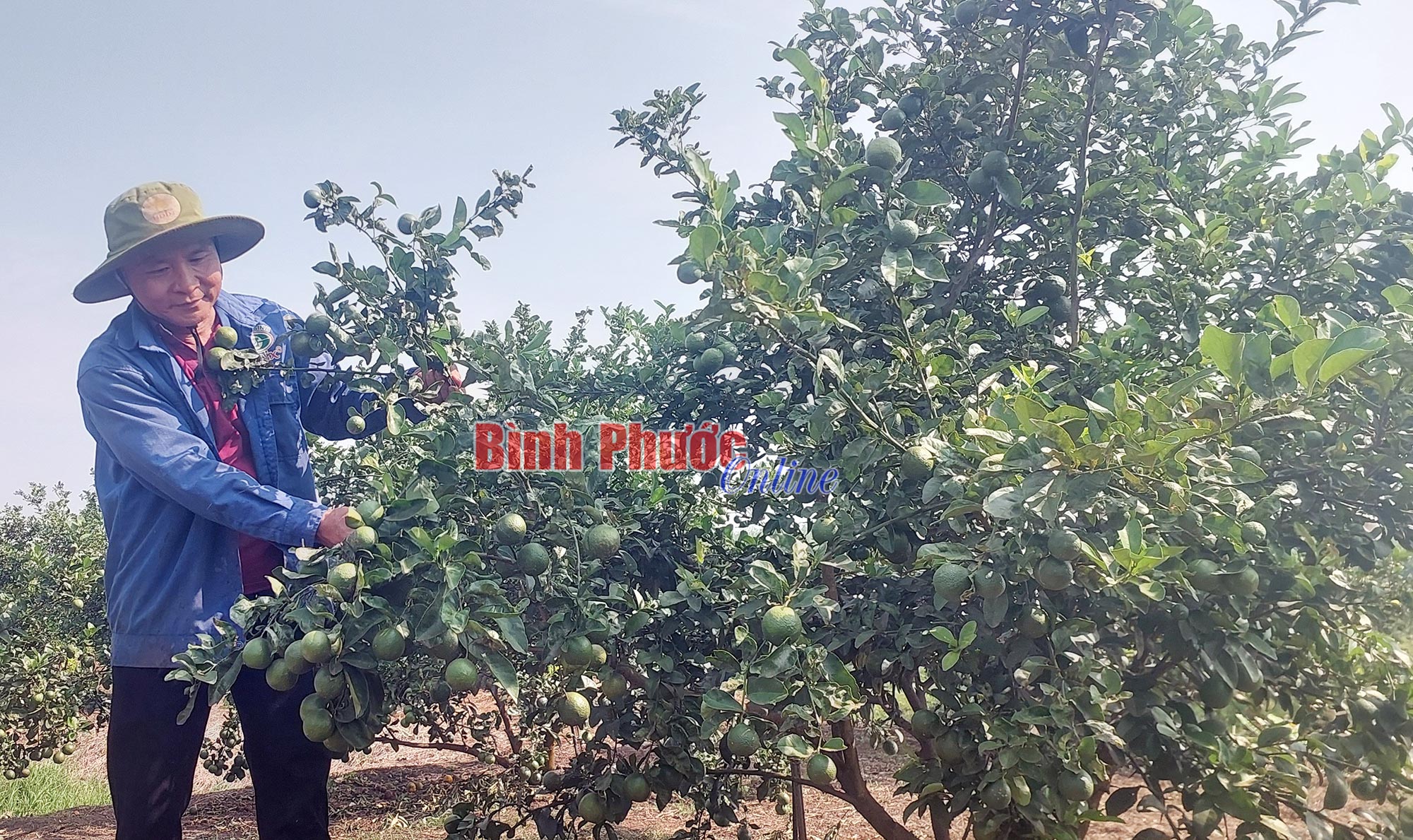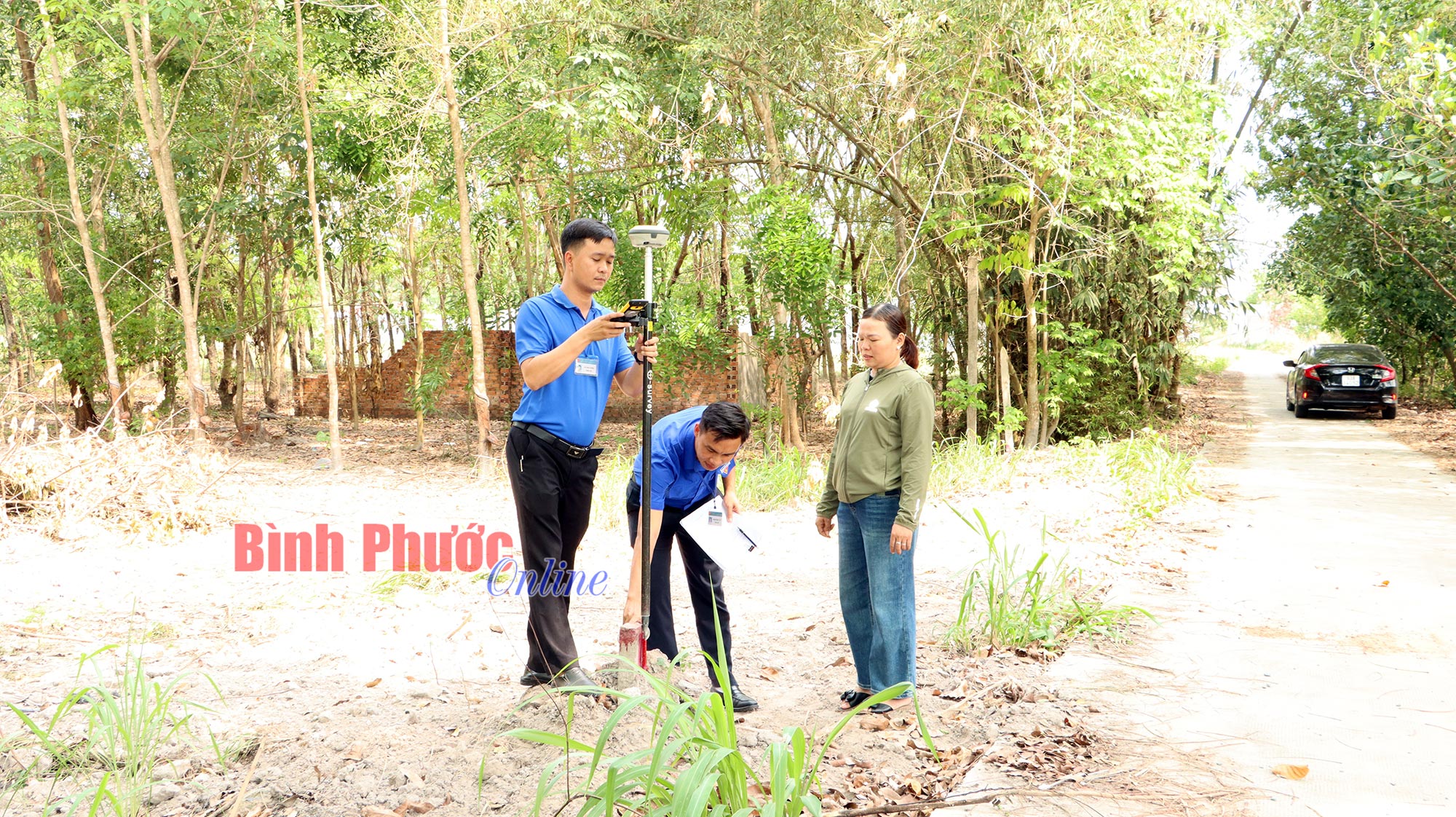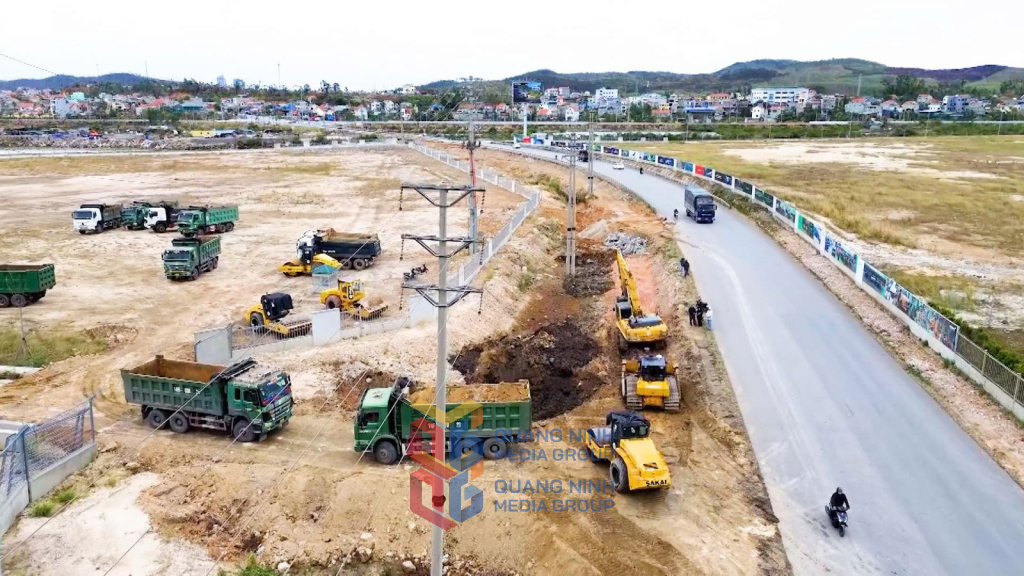(MPI) - With the goal of strengthening capacity, improving quality and innovation for agricultural cooperatives, the team of managers of the collective economic sector associated with the development of green, safe, and climate-resilient agriculture, on July 30, 2024, the Ministry of Planning and Investment in coordination with the Embassy of Ireland in Vietnam and the Irish Sustainable Food System Agency organized the Workshop "Developing cooperative economy in agriculture through innovation and quality improvement".
Attending the workshop were representatives of central ministries, branches, the Vietnam Cooperative Alliance, representatives of leaders of People's Committees, departments, branches and sectors of some localities; the Irish Ambassador to Vietnam; representatives of the Irish Sustainable Food Systems Agency and leaders of agricultural cooperatives of some localities.
The workshop opened up opportunities for knowledge exchange on the development of agricultural and food cooperatives and shared experiences between Ireland and Vietnam to develop green, safe, climate-resilient, low-carbon and high-value-added agriculture. At the same time, it aimed to implement the Memorandum of Understanding signed in June 2024 between the Irish Department of Agriculture, Food and the Marine (DAFM) and the Ministry of Planning and Investment on enhancing cooperation in the fields of enterprise development, cooperatives and agricultural and food innovation between the two countries.
Resolution 20-NQ/TW of the 13th Party Central Committee dated June 16, 2022 continues to affirm that the collective economy is an important economic component, along with the state economy, increasingly becoming a solid foundation of the national economy; developing the collective economy is an inevitable objective trend and the task of the entire political system.
At the 5th session, the 15th National Assembly passed the Law on Cooperatives 2023 with many outstanding new points, creating an open legal corridor to promote the development of the collective economic sector and cooperatives in Vietnam; The Law has specified 08 groups of support policies for cooperatives, including support policies specifically for agricultural cooperatives.
Speaking at the workshop, Mr. Dang Van Thanh, Deputy Director of the Department of Cooperative Economics, Ministry of Planning and Investment, said that in the first 6 months of 2024, Vietnam had about 22,000 agricultural cooperatives out of a total of 34,000 cooperatives, accounting for 65% of the number of cooperatives, with about 3.8 million members and participating households, playing an important role in the agricultural and rural sector. However, the quality of operations is still low, most agricultural cooperatives only provide a few services to members; lack of close connection with members and businesses; limited application of science, technology and technology; small-scale production; unable to build a linkage chain...
Besides, agricultural cooperatives also face many challenges such as: the impact of climate change, increasingly high market demands for product quality, tense and complicated world situation...
In that context, cooperatives are required to take strong steps, focusing on two core factors: innovation and quality improvement. Innovation in agriculture does not stop at applying advanced technologies, but also includes innovation in management thinking, production and business methods. State agencies, domestic and international organizations, and cooperatives need to focus on research, innovation, creativity, and application of science and technology in practice. In particular, it is necessary to focus on building sustainable value chains, from production to consumption, ensuring harmonious benefits for all participants.
Improving the quality of agricultural products is also a key and urgent factor. Cooperatives need to promote the application of international quality standards, improve production processes and strictly control quality, improve food hygiene and safety and traceability, and build brands for Vietnamese agricultural products that are competitive enough in the market and exported to the world.
Mr. Conor Finn, Deputy Head of the Embassy of Ireland, said that the cooperative movement in Ireland has a proud history, dating back to the 1880s and over the decades, cooperatives have played an invaluable role in Ireland’s economic development. Like Vietnam, Ireland recognises this important heritage and also recognises the need to provide the legal framework and innovation ecosystem to help the cooperative sector grow further.
At the workshop, delegates listened to presentations on important policies and institutions of the Vietnamese Government to enhance the participation of cooperatives in sustainable agricultural development; promote knowledge exchange and experience sharing between Irish and Vietnamese agri-food cooperatives; Improve environmental and social sustainability, and enhance the value of agri-food cooperatives.
Participating in the discussion, delegates highly appreciated the contents presented at the Workshop; believing that this is a valuable opportunity to exchange, share experiences and propose practical solutions to promote the development of Vietnam's agricultural cooperative economy in the coming time. At the same time, they expressed their belief that with the efforts and close cooperation between government agencies, organizations, and cooperatives, significant achievements will be achieved in developing the agricultural cooperative economy./.
Source: https://www.mpi.gov.vn/portal/Pages/2024-7-31/Hoi-thao-Phat-trien-kinh-te-hop-tac-trong-nong-nghsju13m.aspx


















Comment (0)